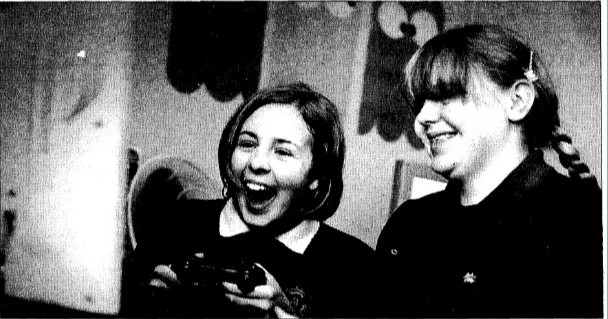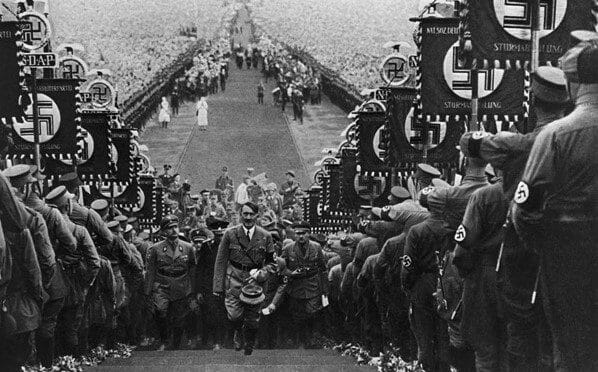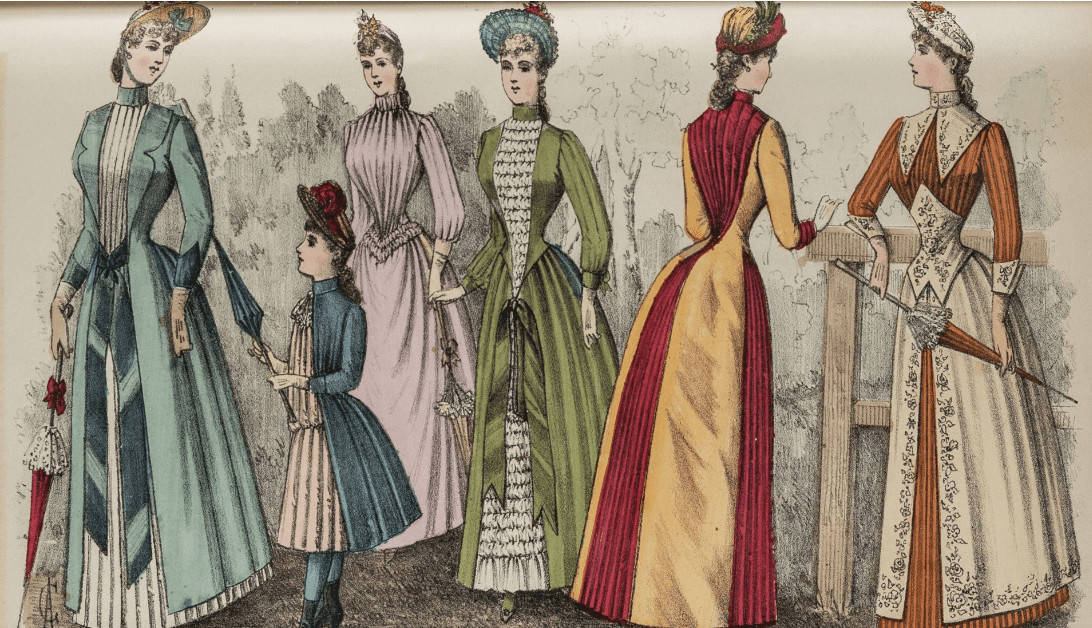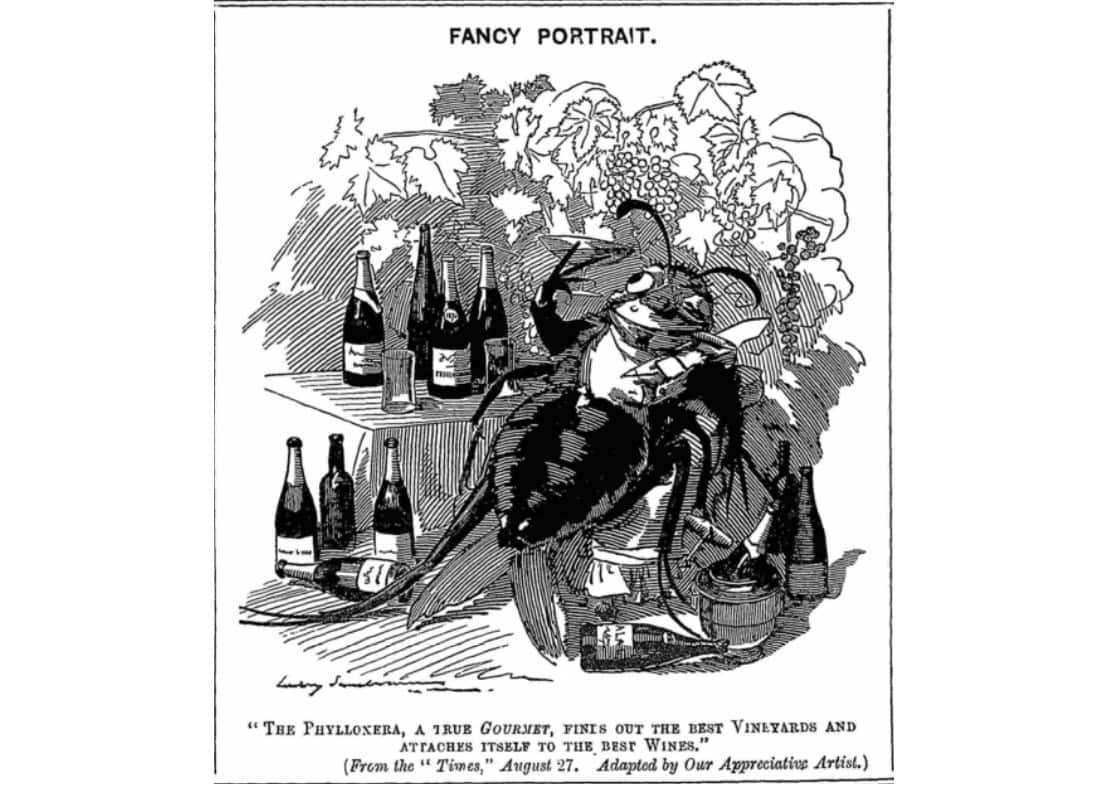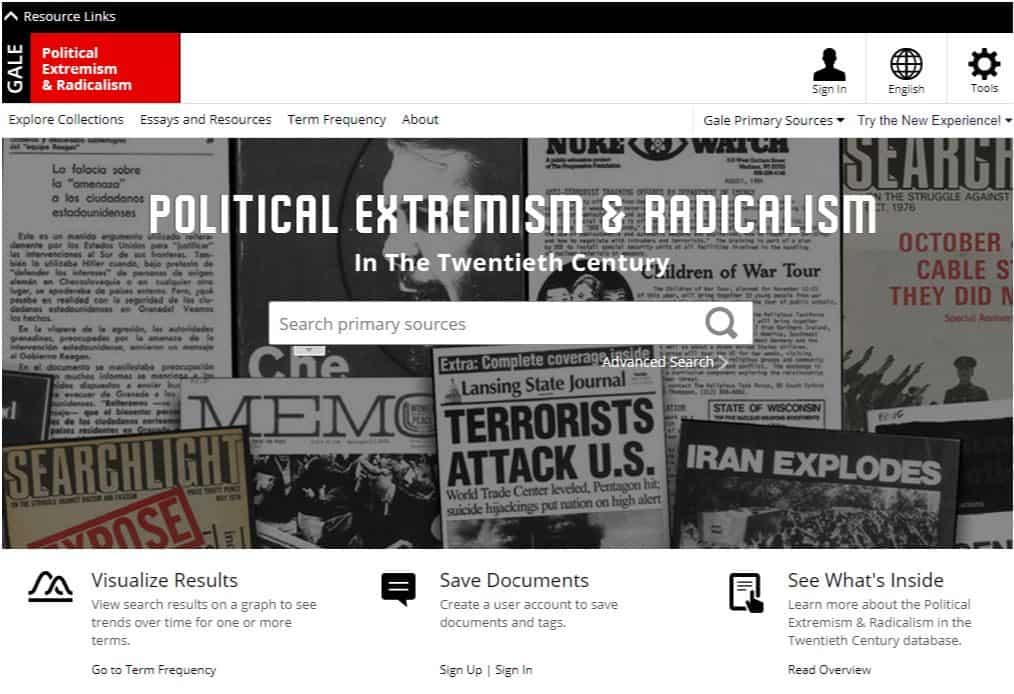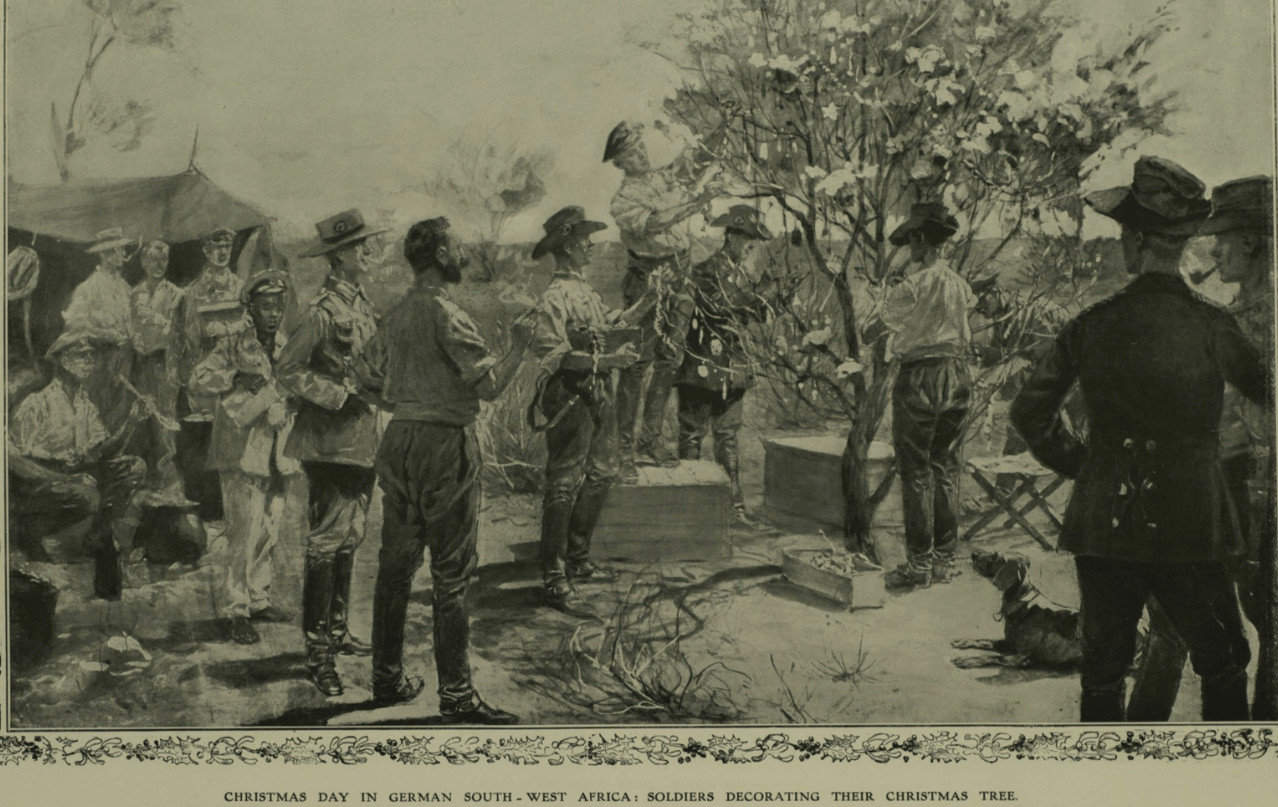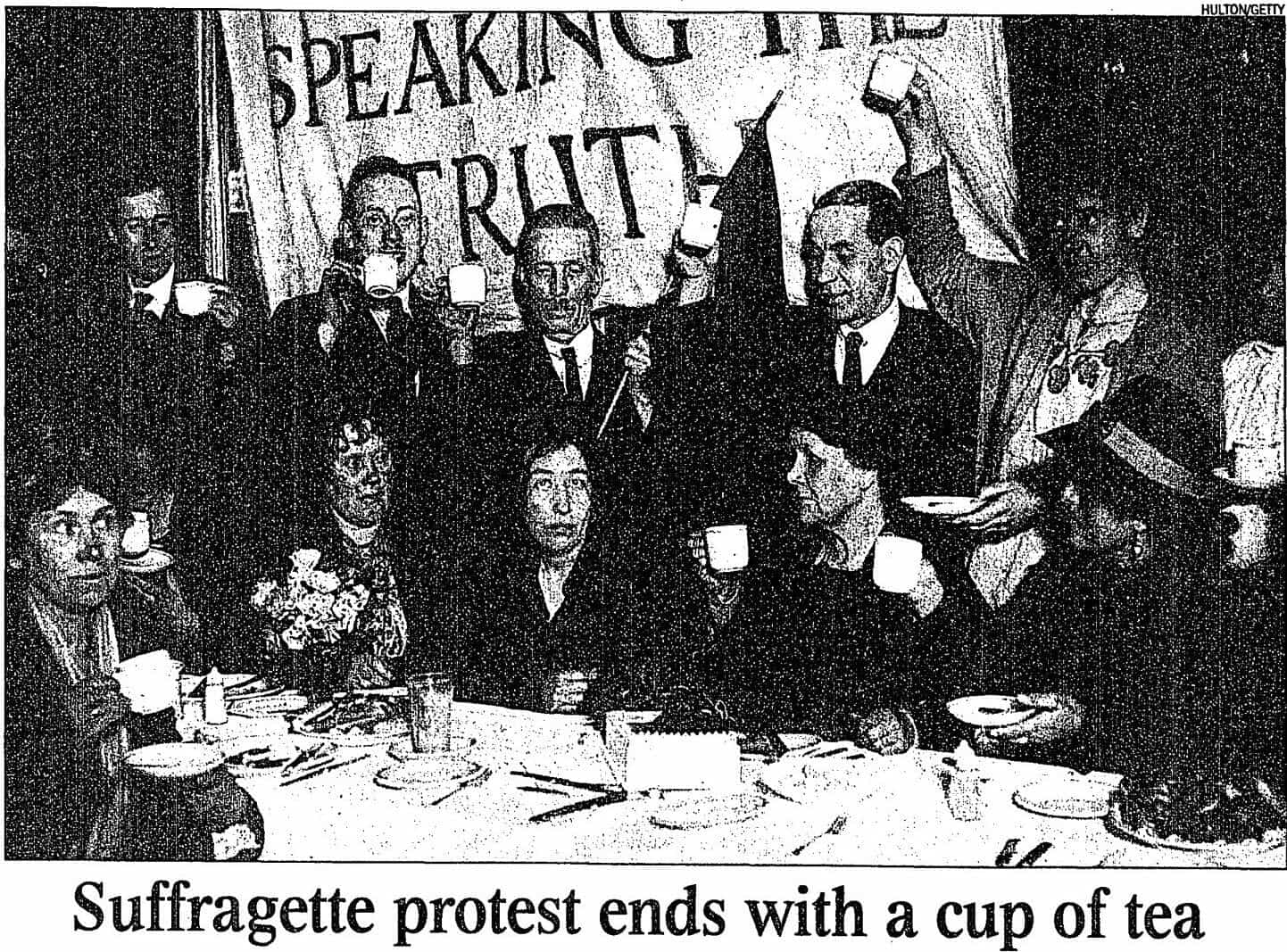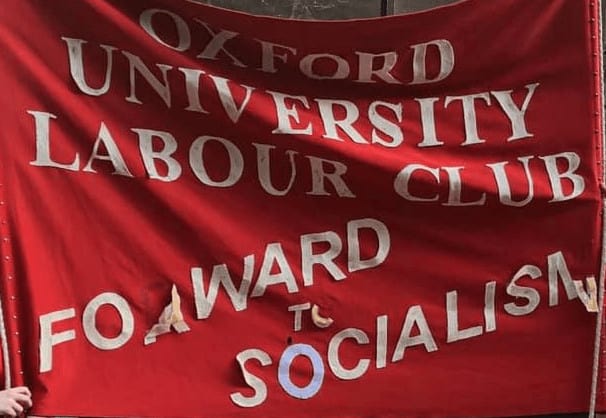│By Evelyn Moran, Gale Ambassador at the National University of Ireland Galway│
Video games are a popular mode of entertainment in many households. From mobile apps to big blockbuster computer games, to smaller games made with shoestring budgets, the choices are varied and exhaustive. That said, video games in general have a somewhat negative reputation. As a student, I was curious to discover if my favourite games could have a positive effect on my education. I decided to turn to Gale Primary Sources to investigate. Using Gale’s “Advanced search” tool, I was able to search their database for both “video games” and “education”. Here is what I found.

